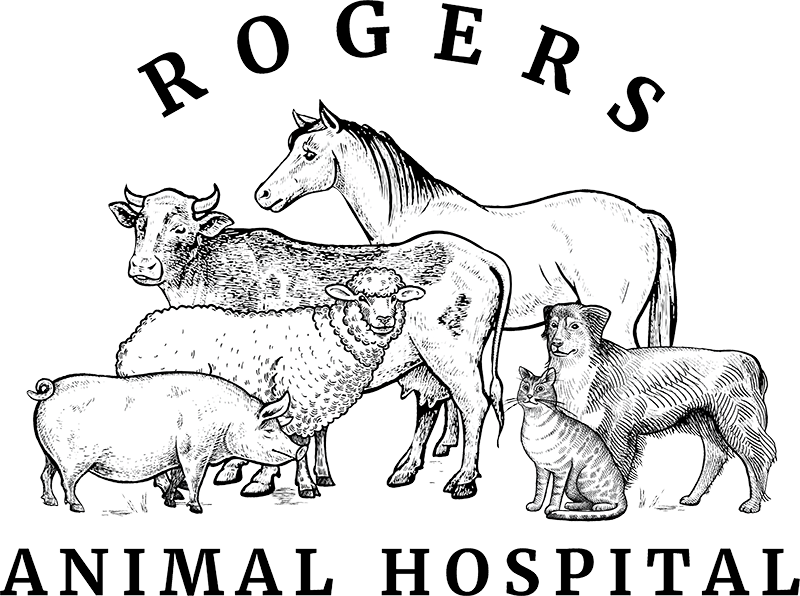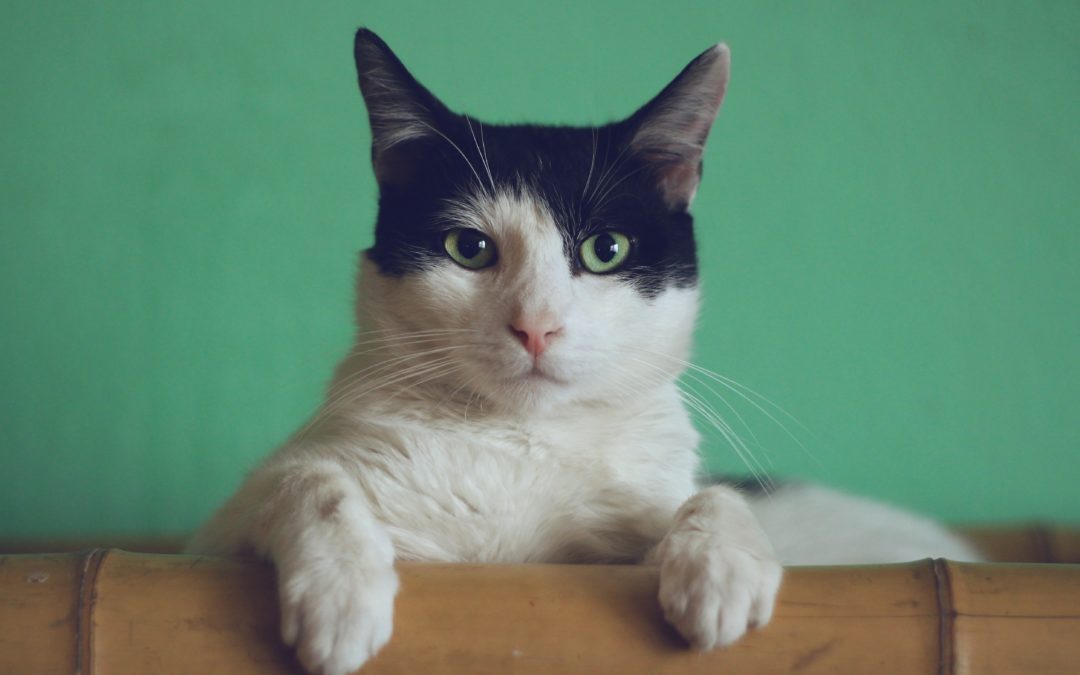Pet Dental Disease Affects More Than Your Senior Pet’s Teeth
As your furry pal ages, they are faced with many health changes. Their vision dims, their hearing becomes muffled, and their gait becomes unsteady. They also are more likely to suffer from pet dental disease, which can affect their entire body. Here are a few ways oral bacteria, dental disease, and periodontal problems affect your senior pet’s overall health.
#1: Your senior pet may not take their medication
Gingivitis, tooth-root abscesses, loose teeth, fractured teeth, and a weakened jawbone caused by pet dental disease can make your senior pet’s mouth extremely painful. When your pet’s mouth hurts, they may refuse to eat, which can make it difficult to administer oral medication. If you need to give your pet oral medication, either through a syringe or by “pilling” them, it can be impossible to hold their muzzle and open their mouth enough to safely do so when they’re in pain. Without their daily medication, your senior pet’s health can suffer as their chronic disease progresses.
#2: Your senior pet’s organs can become diseased
When a pet develops dental disease, the significant bacterial load within the mouth can enter the bloodstream and travel throughout the body. The organs most affected by oral bacteria are the heart, kidneys, and liver. The bacteria found in the mouths of pets with dental disease are the same bacteria associated with endocarditis and valvular disease. In fact, the presence of dental disease has been linked to an increased risk of heart disease in dogs. Additionally, the liver and kidneys can become inflamed and infected by filtering blood filled with traveling oral bacteria, which can cause fever, lack of appetite, and weight loss.
#3: Your senior pet may find it difficult to eat
Senior pets often have decreased appetites because of concurrent diseases that make eating difficult or unappealing. Nausea from chronic renal failure or pain medication, gastrointestinal upset from irritable bowel disease (IBD) or intestinal lymphoma, and stress from cognitive dysfunction may cause your senior pet to lose their appetite. Pairing these issues with painful dental disease can cause your pet’s appetite to decline further.
Keep a close eye on your senior pet’s oral health. Give us a call to schedule an oral exam for your furry pal.

